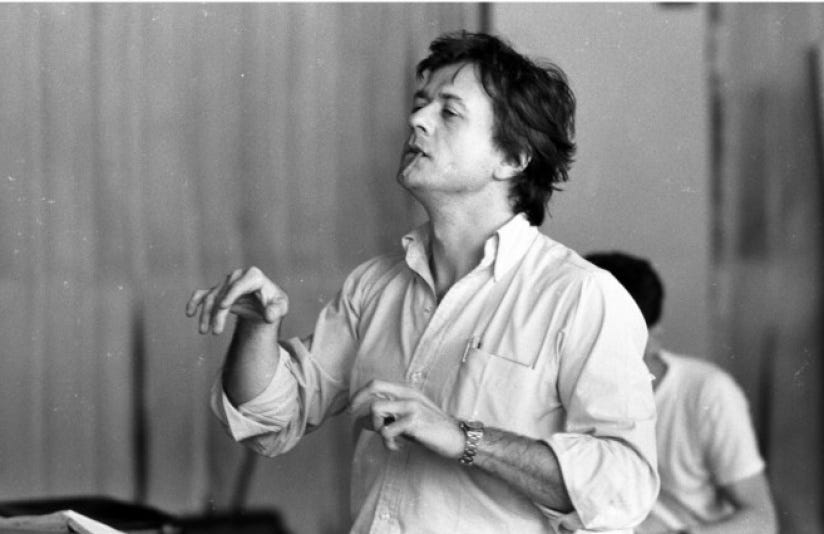Interview : Stephan Mösch
Mr. Chéreau, when your "Ring" came out in 1976, you were only thirty-two years old. Looking back: What role did the work at Bayreuth play in your development as a director?
This production was extremely important for my entire artistic work. It was all about mastering a piece o…
Keep reading with a 7-day free trial
Subscribe to Leidmotief | Leitmotif to keep reading this post and get 7 days of free access to the full post archives.




